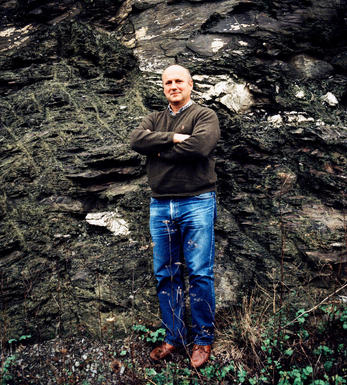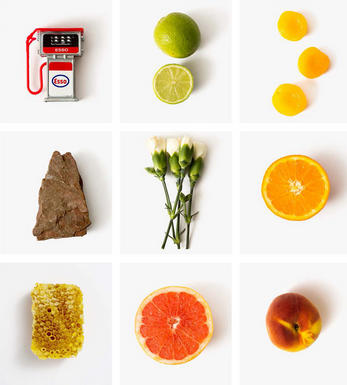
Critics reviews
Olly Smith - Olly's Pick of the bunch: Trockenbeerenauslese? Our man gets his mouth around the unsung wonders of Riesling - The Mail on Sunday - 28 April 2013
About this WINE

Selbach-Oster
The Selbachs have been cultivating Riesling vines in the Mosel since 1661. Today, Johannes Selbach and his wife Barbara run the estate, now one of the leading producers in the Mittelmosel.
There are 10.6 hectares of vineyards including holdings in Wehlener Sonnenuhr, Zeltinger Sonnenuhr, and Graacher Domprobst. The grapes are handpicked and then fermented in traditional large oak barrels. The emphasis here is on finesse and purity of fruit, producing supremely elegant Kabinett and Spätlese wines as well as powerful, concentrated Auslese wines.

Riesling
Riesling's twin peaks are its intense perfume and its piercing crisp acidity which it manages to retain even at high ripeness levels.
In Germany, Riesling constitutes around 20% of total plantings, yet it is responsible for all its greatest wines. It is planted widely on well-drained, south-facing slate-rich slopes, with the greatest wines coming from the best slopes in the best villages. It produces delicate, racy, nervy and stylish wines that cover a wide spectrum of flavours from steely and bone dry with beautifully scented fruits of apples,apricots, and sometimes peaches, through to the exotically sweet flavours of the great sweet wines.
It is also an important variety in Alsace where it produces slightly earthier, weightier and fuller wines than in Germany. The dry Rieslings can be austere and steely with hints of honey while the Vendages Tardives and Sélection de Grains Nobles are some of the greatest sweet wines in the world.
It is thanks to the New World that Riesling is enjoying a marked renaissance. In Australia the grape has developed a formidable reputation, delivering lime-sherbet fireworks amid the continental climate of Clare Valley an hour's drive north of Adelaide, while Barossa's Eden Valley is cooler still, producing restrained stony lime examples from the elevated granitic landscape; Tasmania is fast becoming their third Riesling mine, combining cool temperatures with high UV levels to deliver stunning prototypes.
New Zealand shares a similar climate, with Riesling and Pinot Gris neck to neck in their bid to be the next big thing after Sauvignon Blanc; perfectly suited is the South Island's Central Otago, with its granitic soils and continental climate, and the pebbly Brightwater area near Nelson. While Australia's Rieslings tend to be full-bodied & dry, the Kiwis are more inclined to be lighter bodied, more ethereal and sometimes off-dry; Alsace plays Mosel if you like.



Buying options
Add to wishlist
Description
From the village of Bernkastel, Badstube is a more fertile, humid vineyard giving soft, moreish wines. This is very much the case in 2011, where the nose is beguiling, fluid yet also crisp. Succulent is the best way to sum up the palate; it's also understated, subtle, a creeper, along with a lovely pulpy purity. Great now but will age well (as a recent taste of the 2007 clearly showed).
David Berry Green
wine at a glance
Delivery and quality guarantee